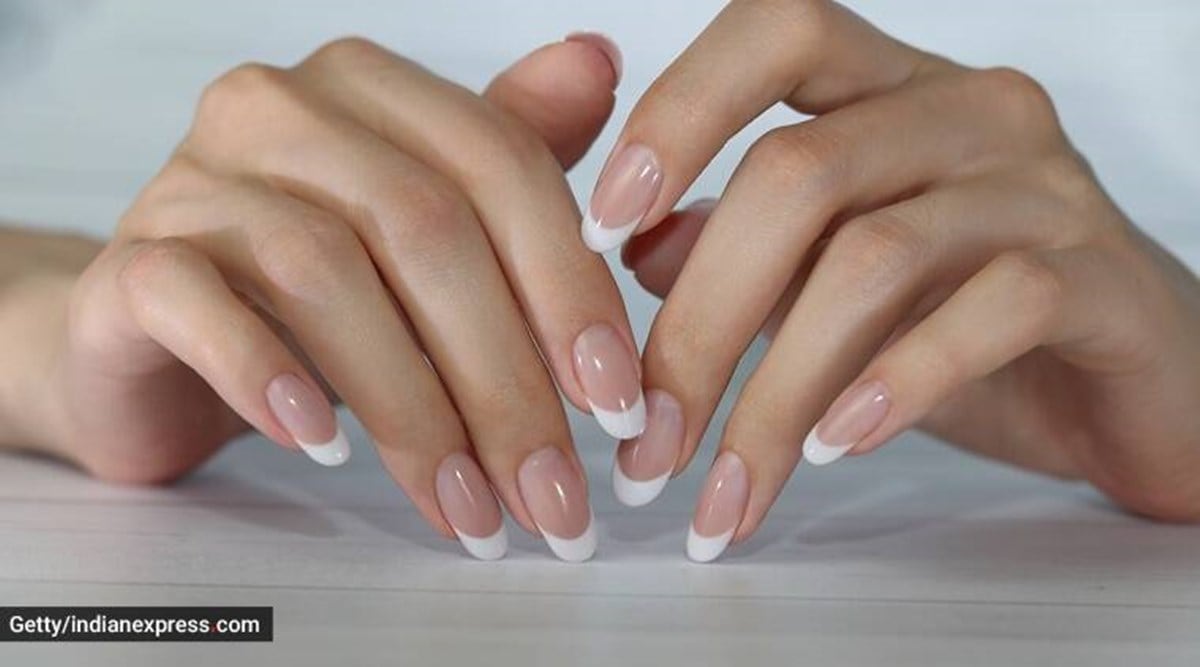Are you someone who loves getting a manicure? Or do you pay no attention to your nails at all? Either way, your nails deserve some attention. They play a crucial role in protecting the tissues in your fingertips, and they can also provide some clues about your overall health. In this article, we'll explore some little known facts about your nail health.
First and foremost, let's talk about the anatomy of your nails. Nails are made up of a protein called keratin, which is the same protein found in your hair. They grow from the area at the base of the nail called the nail matrix, which is located just beneath the cuticle. The nail matrix produces new cells that push the older ones forward, causing your nails to grow.
One common misconception about nails is that they need to "breathe." This is not true. Nails receive their nutrients and oxygen from the blood vessels in the nail bed, which is located underneath the nail. As long as the blood supply is healthy, your nails are getting the oxygen and nutrients they need.
Now, let's talk about some of the things that can affect the health of your nails. One of the biggest culprits is poor nutrition. If your diet is lacking in essential vitamins and minerals, your nails may become weak and brittle. Some of the key nutrients for healthy nails include biotin, vitamin E, and iron. Make sure to incorporate foods like eggs, spinach, almonds, and lean meats into your diet to keep your nails strong and healthy.
Another thing that can affect your nail health is trauma. This can be anything from slamming your finger in a door to constantly picking at your nails. Trauma can cause your nails to become discolored, cracked, or even fall off. To prevent this, try to be gentle with your nails and avoid activities that could cause trauma.
One issue that affects many people's nail health is fungal infections. Fungal infections can cause your nails to become discolored, thickened, and brittle. They are often caused by exposure to warm, moist environments, such as public swimming pools or locker rooms. To prevent fungal infections, make sure to keep your nails clean and dry, avoid sharing nail tools, and wear sandals in public areas.
There are also several medical conditions that can affect your nails. For example, psoriasis can cause your nails to become pitted and discolored, while anemia can cause your nails to become pale and brittle. If you notice any changes in your nails, it's always a good idea to check in with your doctor to rule out any underlying medical conditions.
Finally, let's talk about some of the things you can do to keep your nails healthy. One of the best things you can do is to keep them moisturized. This will help prevent them from becoming brittle and breaking. You can use a hand cream or cuticle oil to keep your nails moisturized.
Another important thing to do is to trim your nails regularly. This can help prevent them from becoming ingrown, which can be painful and lead to infections. Make sure to trim your nails straight across and avoid cutting them too short.
If you're someone who loves getting a manicure, it's important to be cautious about the products you use. Some nail polishes and removers can be harsh and drying, which can weaken your nails. Look for products that are gentle and moisturizing, and avoid using nail polish remover more than once a week.
In conclusion, taking care of your nails is important for both their appearance and your overall health. By eating a healthy diet, avoiding trauma and fungal infections, and keeping your nails moisturized and trimmed, you can help ensure that your nails stay strong and healthy. If you notice any changes in your nails, don't hesitate to check in with your doctor to rule out any underlying medical conditions.
